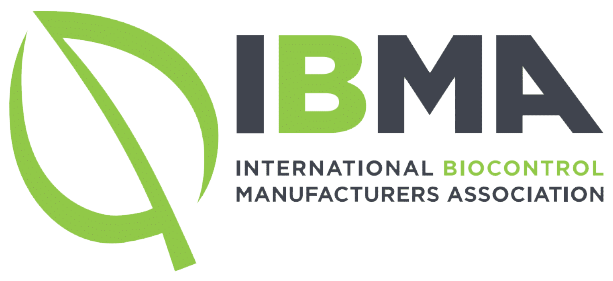Towards European roadmaps for reducing the use of contentious inputs in organic agriculture
2 December 2021 | 10:00 – 17:00 | online (Microsoft Teams)
‘Replacement of Contentious Inputs in Organic Farming Systems’ – RELACS information and link to register – is a Horizon 2020 project aiming at promoting the development and adoption of environmentally safe and economically viable tools and technologies to reduce the use of inputs considered contentious in organic farming systems, namely: copper and mineral oil for plant protection, recycled fertilizers and conventional manure in plant production, antibiotics and anti-worm drugs (anthelmintics) in animal production, and finally synthetic vitamins in animal production.
As part of the RELACS project, national workshops were organised in 9 EU Member States (France, Italy, Spain, Bulgaria, Hungary, Germany, Denmark, Estonia, Belgium) and the United Kingdom, gathering practitioners, advisors, national authorities and scientists, to discuss the pros and cons of proposed tools and techniques, explore the current acceptance level as well as identify necessary adaptations of current legislation. Based on the outcomes of the workshops, input-specific national roadmaps were prepared including recommendations and action plans to reduce the use of contentious inputs, based on the practitioners’ assessment of the alternatives studied in RELACS.
The aim of the RELACS European workshop is to gather EU policymakers, Member States Representatives, manufacturers of biocontrol products, experts and scientists specialised in organic production, and farmer organisations, to:
- share and discuss the conclusions of the national roadmaps;
- discuss the actions needed at EU level to help reduce the use of contentious inputs and, more generally, to design fair, reliable and implementable EU rules on the use of inputs in organic production.
The outcomes of the European workshop will be used to draft three roadmaps at European level for reducing the use of contentious (i) plant protection products (copper, mineral oil), (ii) fertilisers (manure from conventional agriculture, recycled nutrients) and (iii) inputs used in livestock production (antibiotics, anthelmintics and vitamins).
 Square de Meeûs 35, 1000 Bruxelles
Square de Meeûs 35, 1000 Bruxelles